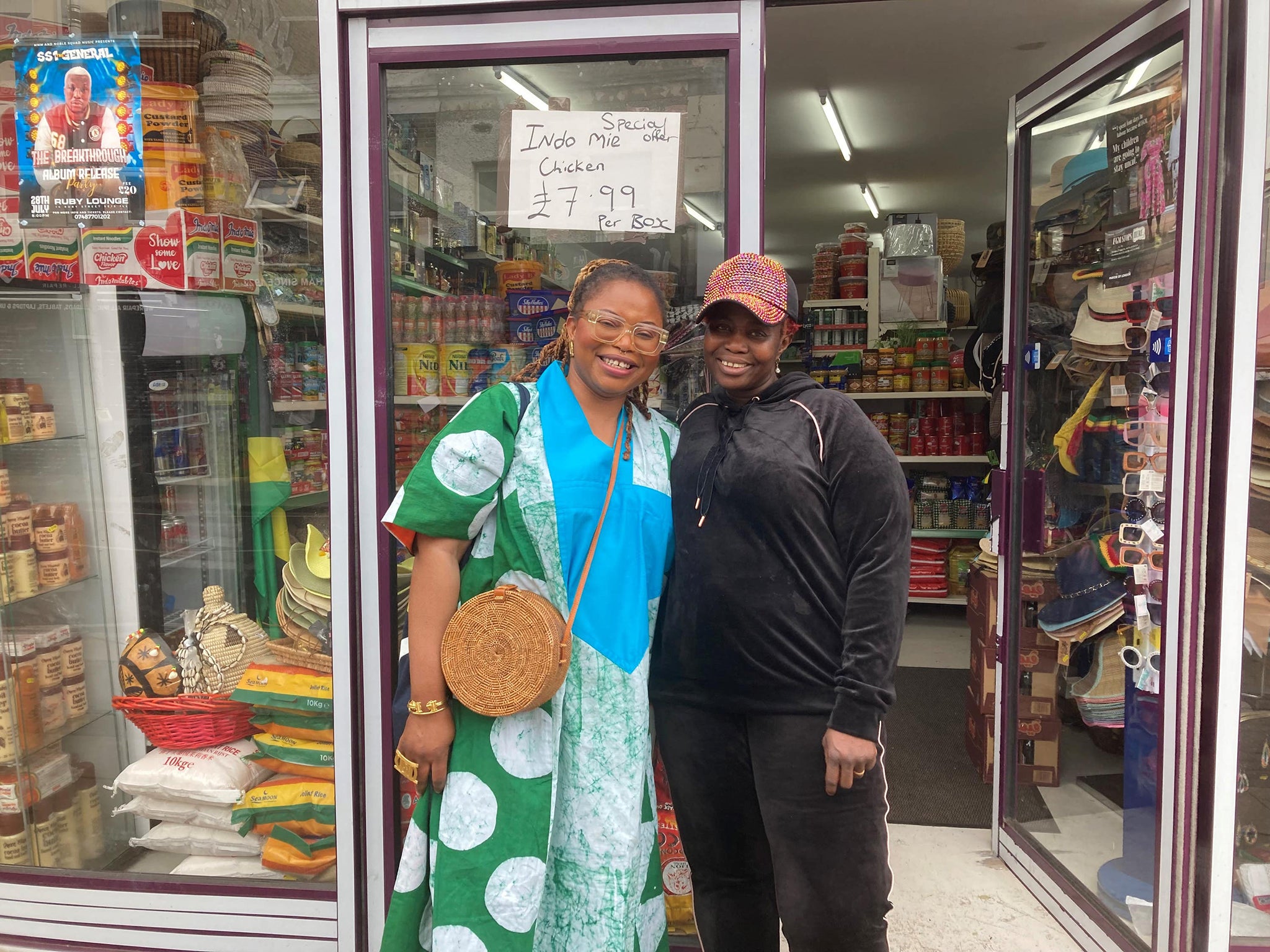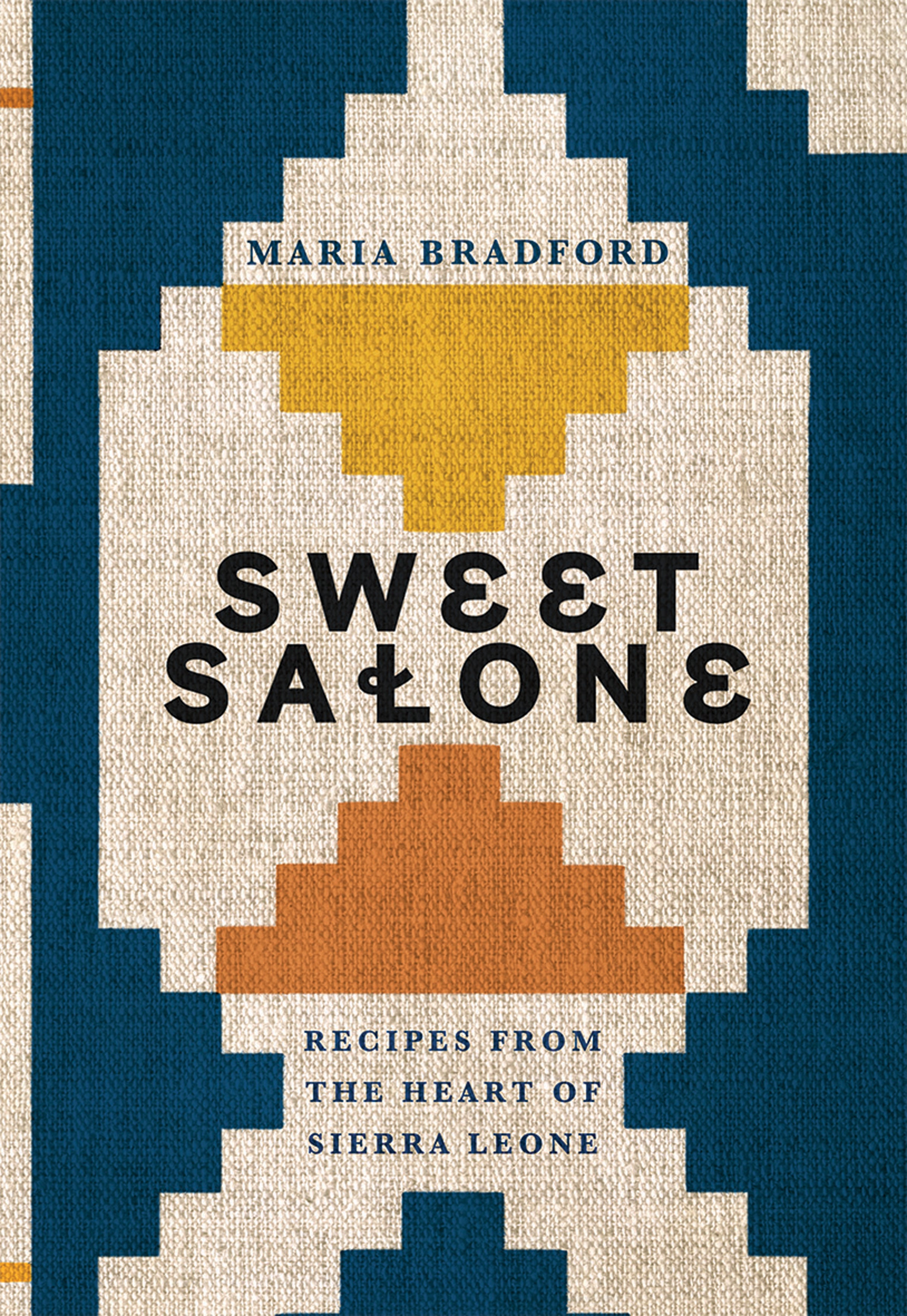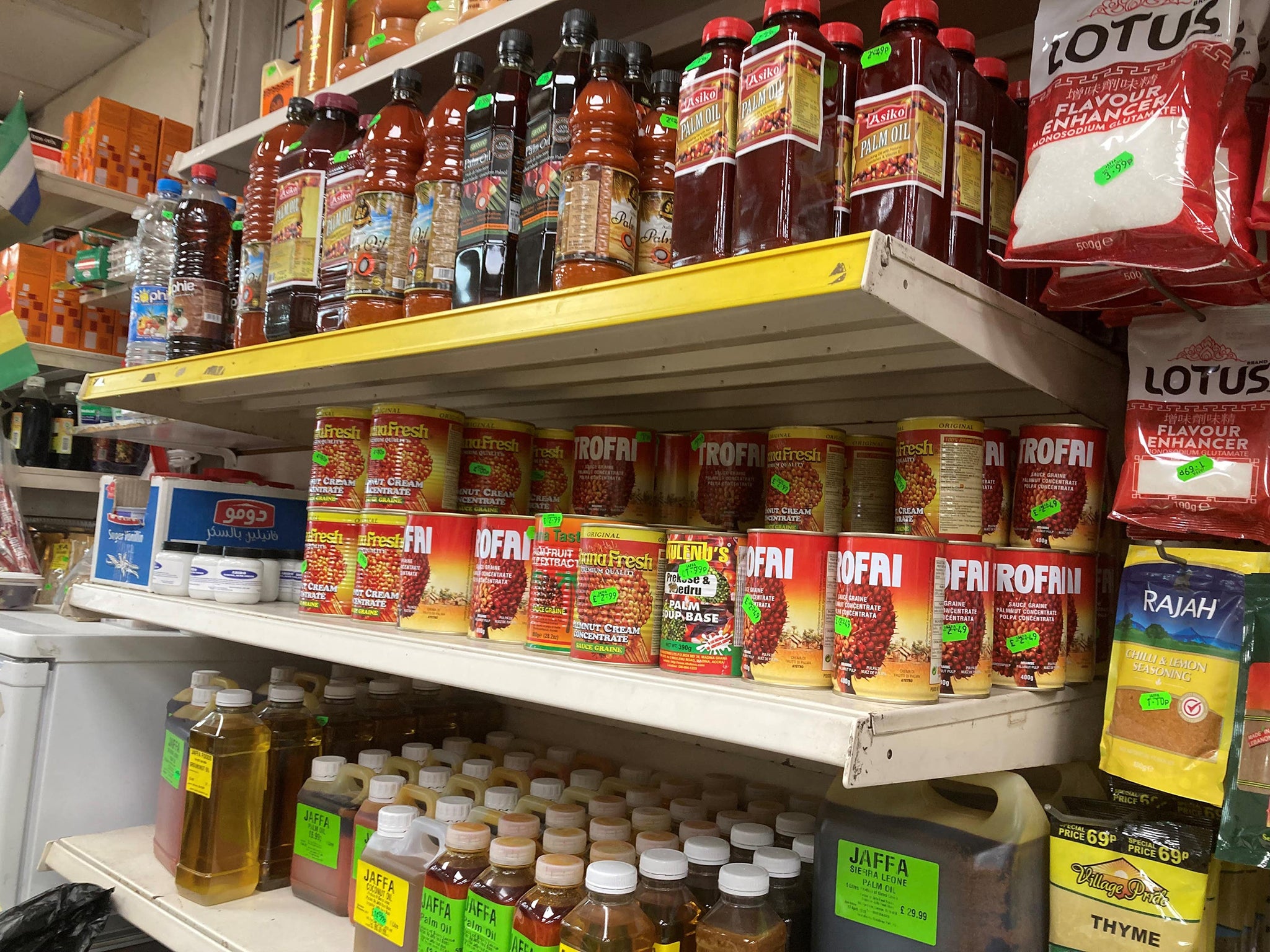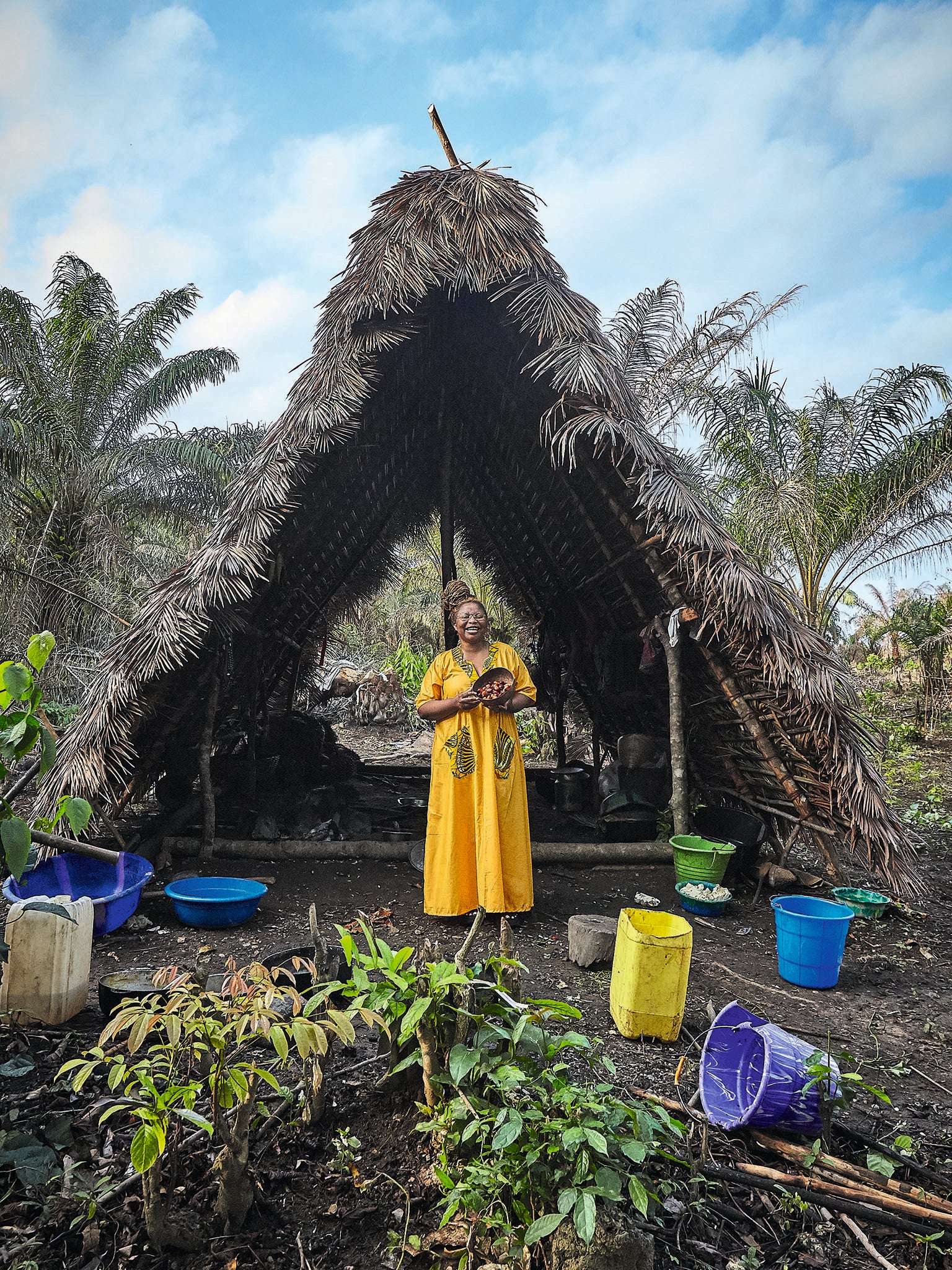Discovering Sierra Leonean flavours in South London
Chef Maria Bradford takes Prudence Wade on a West African culinary tour of Peckham market

Your support helps us to tell the story
From reproductive rights to climate change to Big Tech, The Independent is on the ground when the story is developing. Whether it's investigating the financials of Elon Musk's pro-Trump PAC or producing our latest documentary, 'The A Word', which shines a light on the American women fighting for reproductive rights, we know how important it is to parse out the facts from the messaging.
At such a critical moment in US history, we need reporters on the ground. Your donation allows us to keep sending journalists to speak to both sides of the story.
The Independent is trusted by Americans across the entire political spectrum. And unlike many other quality news outlets, we choose not to lock Americans out of our reporting and analysis with paywalls. We believe quality journalism should be available to everyone, paid for by those who can afford it.
Your support makes all the difference.Chef Maria Bradford remembers the first time she came to Peckham market.
Originally from Sierra Leone, she moved to England in her late teens, and after four years she was desperately homesick. She was living in Kent and felt far removed from her home of Freetown – until she went to Peckham in South London.
“The first time I ever came to Peckham, it was such a shock. I didn’t think a place existed like that [in England] – it reminded me so much of the hustle and bustle in Freetown,” she says.
“All of a sudden, you get off the train and you come to this place and you’re like, Oh my God. I’m home.”
Bradford, now 42, says she “desperately needed” a place like Peckham, and has been coming to the market regularly ever since. We’re back there today – on a hot but overcast London day, and Bradford is showing me how to pick out the best Sierra Leonean ingredients. We go on a weekday, as she says a weekend would take us a lot longer to get round, once she’s spoken to all the aunties in the community who want a chat.
As we walk through the market, Bradford starts talking about Sierra Leonean cuisine.
“I would say it’s quite healthy. We eat lots of leaves and greens, and we eat a lot of seafood as well. There’s lots of layers to Sierra Leonean food, because we mix things like smoked fish and meat in the same dish… Because we use fish more as a flavouring.”
The words that spring to mind when she thinks about the food of her homeland? “Healthy, homely, comforting.”

Bradford continues: “I don’t know if that’s because I’m Sierra Leonean, it brings me that calmness and home feeling. That warmth. It feels like I’m sitting at the back of our house with my mum, my nan, my grandmother, my aunties and everyone – we’re sitting around cooking, and it feels like comfort.”
When she really wants to feel comforted and soothed, Bradford whips up a bowl of egusi soup (egusi – also known as melon seeds – is a thickener, and the recipe includes oxtail, goat meat, white sorrel, smoked barracuda and Scotch bonnet chillies) that Bradford says is like a “food hug, because when you eat it all you want to do is sleep”.
After looking at some of the outdoor stalls full of colourful produce – bright pumpkins, squat varieties of cucumber, browning plantains – we go into Bit By Bit, a Sierra Leonean shop run by Sarian Karim-Kamara.
Karim-Kamara immediately starts singing Bradford’s praises (“you’re flying the Sierra Leonean flag – we’re so proud of you!”) and thumbing through her new cookbook, called Sweet Salone – a nickname for the country.
The shop is full of speciality ingredients you’ll need to make some of the recipes in the book – from the brightly coloured red palm oil (a staple in the country) to frozen cassava leaves and smoked barracuda.
Bradford is keen to promote local shops such as this one, saying: “People are really friendly and want to talk about the ingredients – they don’t just know about the ingredients, they know what to do with it, how to promote it… It’s nice to step into these shops and have conversations, because you might learn so much more than what you bargained for.”
As well as running the shop, Karim-Kamara is an FGM campaigner – she’s just launched a new campaign with the Mayor of London – and runs a food bank out the back.

“For three years I’ve been supporting refugees and asylum seekers, but the food bank is open now to the community because everyone is struggling,” she says. Karim-Kamara adds she doesn’t talk much about it because “some people are really shy… The way we do the service is people come to the back and help themselves”.
We move onto another shop selling West African ingredients – including jute leaves, black velvet tamarind and white hibiscus – and Bradford strikes up a conversation with the shopkeeper, who says she’ll pre-order the cookbook and give it to her daughter, so traditional Sierra Leonean cooking continues down the generations.
“The children that are born here, they don’t really know how to cook the traditional stuff,” Bradford says after this exchange. “They’ll be more gearing towards the Afro-fusion side. It’s really important we keep the core traditional stuff, and also keep it separate.”
But Bradford is an advocate for Afro-fusion dishes as well, describing it as “taking traditional Sierra Leonean ingredients and using techniques we wouldn’t necessarily use to extract as much flavour from those things”.

After working as an accountant for 10 years (which she hated), Bradford did an evening course at prestigious cooking school Leiths and set up a catering company, and now uses her classical training to give a spin on the dishes she grew up eating.
Examples of Afro-fusion recipes in the book include cassava chips with truffle and Parmesan, and the oxtail pepe stew – which has red wine added, a French technique she drew upon to deepen the flavours.
Whether it’s traditional dishes or Afro-fusion flavours, Bradford – who is still based in Kent – uses cooking to connect with her roots. It started when she first moved to the UK and was missing home.
“So I started cooking, making stuff I like to eat with stuff I can get my hands on,” she says. One of the first dishes she made was peanut soup (“you can get peanut butter anywhere, and you can pick up chicken anywhere”) and it grew from there.
“Cooking and throwing those things together to feel like you’re home, connecting back to Sierra Leone.”
‘Sweet Salone’ by Maria Bradford (Quadrille, £30).
Join our commenting forum
Join thought-provoking conversations, follow other Independent readers and see their replies
Comments